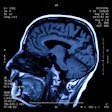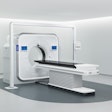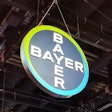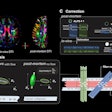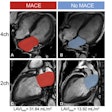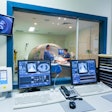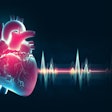Tuesday, November 28 | 12:15 p.m.-12:45 p.m. | CA226-SD-TUA3 | Lakeside, CA Community, Station 3
In this presentation, European researchers offer evidence that gadolinium-based contrast agents (GBCAs) are safe for use in cardiac MRI applications, at least with respect to acute events.The data for the study came from the European Society of Cardiovascular Radiology MR/CT Registry, which stores more than 180,000 exams from 1,124 users at 272 institutions in 32 countries.
While the rates of acute and severe adverse events related to GBCA-enhanced cardiac MRI scans are quite low, the frequency of the occurrences also depends on the type of GBCA and pharmacological stressor used, even after statistical adjustment for potential confounders.
"Certain combinations of GBCA and pharmacological stressors seem to further increase the risk of acute adverse events," reported presenter Dr. Johannes Uhlig from the department of diagnostic and interventional radiology at University Medical Center Goettingen, together with co-author Dr. Matthias Gutberlet, PhD, from the radiological department of Heart Center Leipzig in Germany.
The researchers reviewed approximately 73,000 GBCA-enhanced cardiac MRI scans performed between 2009 and 2016 in Europe. From those scans, 260 (0.36%) acute adverse events were reported, with only 24 (0.033%) deemed severe adverse events.
Patients who did not undergo pharmacological stress imaging had an acute adverse event rate of 0.22%, compared with 0.75% for those who underwent pharmacological stress imaging.
Uhlig and colleagues also reported acute adverse event rates for regadenoson, gadobutrol (Gadavist, Bayer HealthCare), gadoteridol (ProHance, Bracco Diagnostics), and gadoteric acid (Dotarem, Guerbet) in patients with known coronary artery disease or those with suspected or known cardiomyopathy, myocarditis, and other imaging-related indications.
"Physicians should be aware that certain combinations of GBCA and pharmacological stressors could increase the risk of adverse events," Uhlig told AuntMinnie.com.

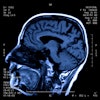
.fFmgij6Hin.png?auto=compress%2Cformat&fit=crop&h=100&q=70&w=100)

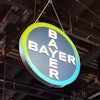


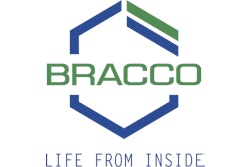
.fFmgij6Hin.png?auto=compress%2Cformat&fit=crop&h=167&q=70&w=250)
